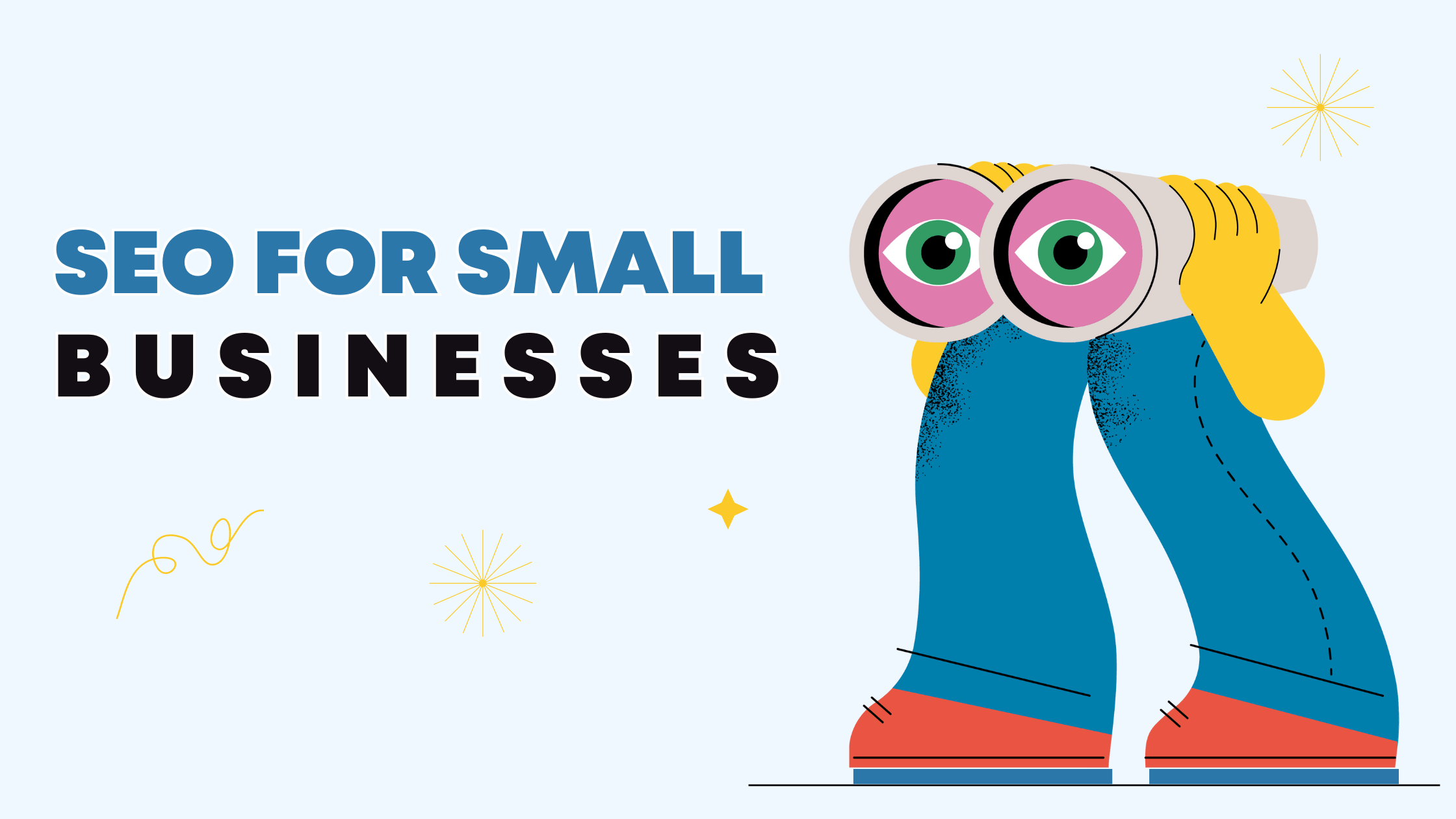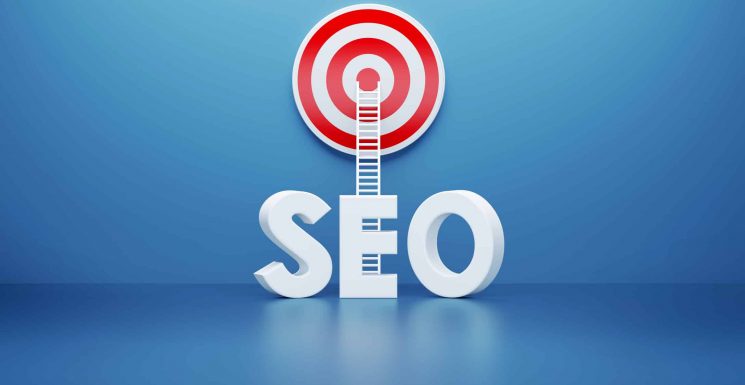
Imagine if your website could pull in more customers every day without spending a fortune on ads.
In this guide, we break down SEO into simple, easy-to-follow steps that work.
You’ll learn how to use proven techniques to boost your website’s ranking on search engines, attract more local traffic, and turn visitors into loyal customers.
SEO stands for Search Engine Optimization.
It is a way to help your website show up on search engines like Google, Bing, and Yahoo.
When people look for products or services like yours, SEO makes sure they find your website quickly and easily.
Think of SEO as a tool that puts your business on the map—so when someone searches for what you offer, your website is one of the first things they see.
Search engines work like librarians that sort through millions of books (or web pages) to find the best match for a question.
SEO helps search engines understand your site by using clear words, useful information, and good website structure.
This way, search engines know when to show your website to someone looking for what you offer.

Search engines like Google work behind the scenes with smart computer programs.
They use “bots” or “crawlers” that scan the internet to find new and updated web pages.
Once these pages are found, search engines sort through them using special rules called algorithms.
These algorithms look at many factors.
They check for keywords, the quality of content, and how a site is organized.
They also consider how other websites link to the page.
This helps search engines decide which pages are most useful for a searcher.
When you type a search query, the search engine looks through its index and shows the best matches.
The goal is to give you the most relevant and high-quality results quickly.

Keywords are the words and phrases people type into search engines.
They are important because they connect your website with what your customers are looking for.
For a small business, choosing the right keywords means matching your services with local and specific customer needs.
Start by thinking about what your customers might search for.
Consider simple words and longer phrases (known as long-tail keywords) that describe your business.
For example, if you own a bakery, a long-tail keyword might be “gluten-free cupcakes in [your city].”
There are many free and paid tools that can help you find these keywords.
Tools like Google Keyword Planner or Answer the Public can give ideas based on real search queries.
Look for keywords with a good balance of search volume and low competition.
This makes it easier for your website to appear in search results.
Once you have a list of keywords, use them naturally in your website content.
Add them to titles, headers, and throughout your text.
This tells search engines that your page is a good match for those searches.
Over time, this careful use of keywords can help more customers find your small business online.

On-page SEO is what happens on your website.
It is about making sure every page is clear and useful to both your visitors and search engines.
When you write content, use the right keywords in your titles and text.
This helps Google understand what your page is about.
A well-organized page with headings, short paragraphs, and clear images makes it easy for someone to read.
In short, on-page SEO is about creating a user-friendly experience that answers a searcher’s questions right away.
Off-page SEO happens outside of your website.
It is the process of building your website’s reputation through external signals.
When other websites mention or link to your site, it acts as a vote of confidence.
These links show search engines that your content is valuable and trustworthy.
The more high-quality sites that link to you, the more your site’s reputation grows.
Off-page SEO helps spread the word about your business across the internet, building credibility and trust.
Technical SEO is all about how your website works behind the scenes.
It focuses on the technical elements that make your site accessible to both users and search engines.
A fast website, a secure connection, and a mobile-friendly design are all key factors.
When your website loads quickly and runs smoothly on any device, it keeps visitors happy.
Technical SEO also includes having a clear and simple URL structure and using proper coding so that search engines can easily crawl and index your pages.
This ensures that your site performs well and provides a great user experience.
Local SEO is designed to help businesses connect with people in their community.
It is especially important for small businesses that rely on local customers.
When someone searches for services “near me,” local SEO helps your business appear in those results.
This includes setting up and updating your Google Business Profile, gathering reviews, and making sure your business name, address, and phone number are consistent online.
Local SEO ensures that when people in your area need your service, they find you first.
Link building is the process of getting other websites to link back to your site.
These links are like recommendations that tell search engines your content is reliable and useful.
However, it is not just about having many links; it is about having quality links from reputable websites.
Good links act as a signal to search engines that your site is a trusted resource.
Effective link building involves creating content that others want to share, engaging with influencers, and building genuine relationships online.
Over time, a strong link profile can greatly improve your website’s visibility and credibility.
Each of these types of SEO plays a crucial role in your overall online strategy.
By understanding and applying on-page, off-page, technical, local SEO, and link building, you create a strong foundation for your small business.
This integrated approach not only helps you rank higher in search results but also builds trust with your audience and drives more meaningful traffic to your website.

Content marketing helps your website show up better in search results.
When you make helpful content, search engines see that your site is useful.
Your content can be blog posts, videos, or easy-to-read guides that answer common questions.
This content tells the story of your business and builds trust with your readers.
Good content does more than inform—it helps people solve problems.
It keeps them on your site longer and makes them want to learn more about your business.
Over time, quality content makes your website a trusted place for useful information.
Here are a few ways that content marketing and SEO work together:
Better Rankings: New and helpful content shows search engines that your site is active.
More Engagement: Clear and useful content makes visitors stay and read more.
Natural Links: Great content is shared by others, which can bring in links from other sites.
The right tools can help you make your website better.
SEO tools show you how many people visit your site, which words they use to find you, and where you can improve.
They are like a set of simple tools that help you see how your website works.
There are many free and paid tools available.
These tools help you check your site’s speed, find the best words to use, and fix any problems.
With the right tools, you can see what is working and what needs fixing.
Some popular tools include:
Google Analytics: This tool shows you how many people visit your site and what they do there.
Google Search Console: This tool tells you how your site appears in search results and shows any errors.
Keyword Tools: These help you find the words your customers use when they search online.
Using these tools often can help you make smart changes.
They guide you to create a website that works well and grows your business over time.
With simple tools and clear goals, you can build a strong online presence that truly benefits your customers.

To know if your SEO is working, you need to track and measure it.
Just like checking your business sales or customer feedback, you must also look at how your website is doing.
Measuring SEO performance helps you see what’s working and what needs to be improved.
One of the best ways to measure SEO is by looking at your website traffic.
This tells you how many people visit your site, where they come from, and what pages they like most.
If more people are visiting your site from search engines, that’s a good sign your SEO is helping.
Another thing to check is your keyword rankings.
These show where your website appears when someone searches for certain words on Google.
If your page shows up near the top, it means your SEO is strong.
If not, you may need to improve your content or try different keywords.
You should also look at how many people take action on your site.
This could mean filling out a form, calling your business, or buying a product.
These actions are called conversions, and they show if your SEO is bringing the right visitors who are interested in what you offer.
Here are a few simple tools to help you measure your SEO:
Google Analytics shows how many people visit your site, what pages they read, and how long they stay.
Google Search Console helps you see what keywords bring people to your site and if there are any problems with your pages.
SEO software like Ubersuggest or Ahrefs can help track your keyword rankings and check what your competitors are doing.
Measuring your SEO often helps you understand what works and what doesn’t.
This way, you can make small changes and keep improving over time.
Good SEO is not about quick wins—it’s about learning, adjusting, and growing your website step by step.
We get it – running a business takes all your time. Between serving customers, managing staff, and handling day-to-day operations, trying to master local SEO can feel overwhelming.
That’s exactly why we created our done-for-you Local SEO service at Weblim.

2025 Weblim | All rights reserved | Terms & Conditions | Privacy Policy | Refund Policy